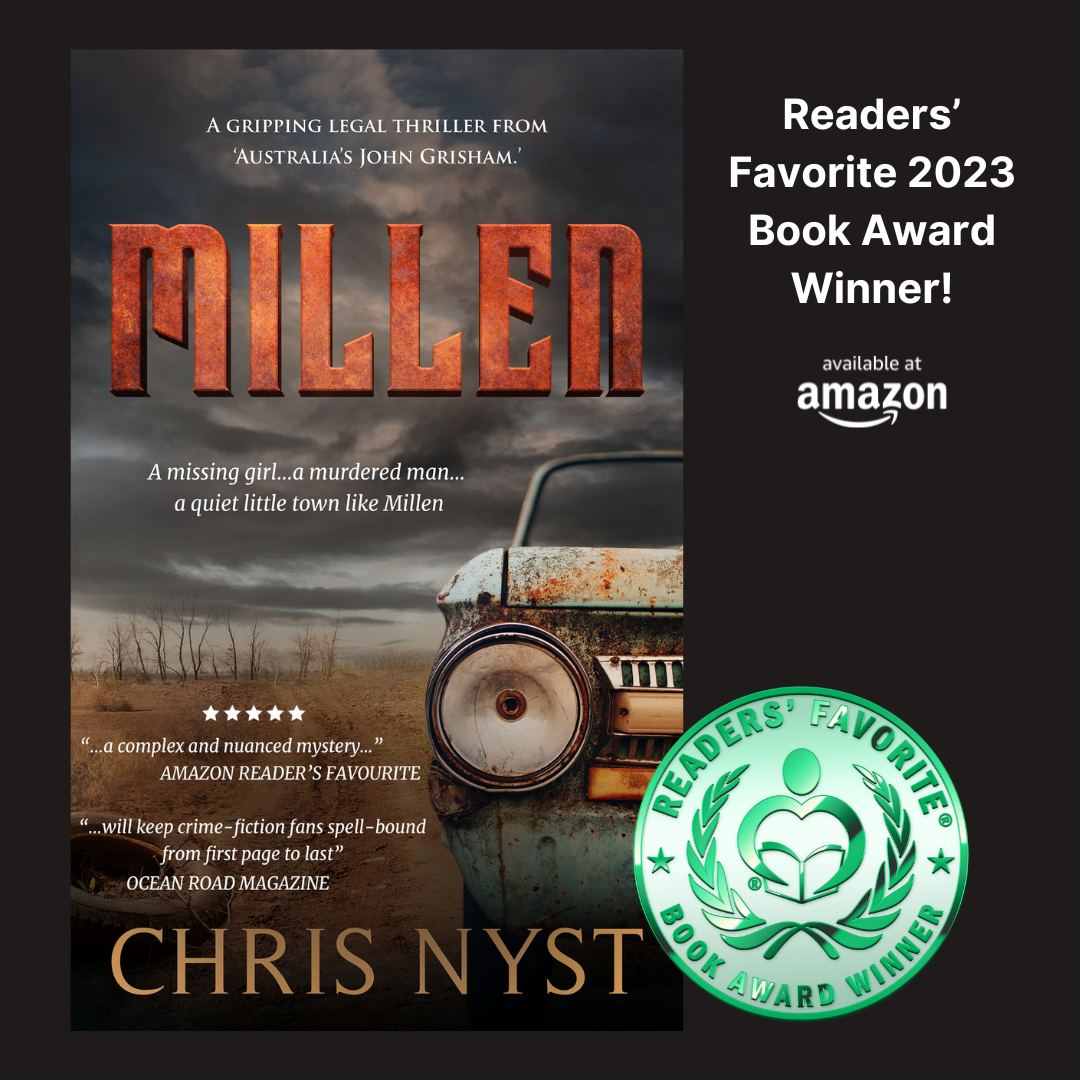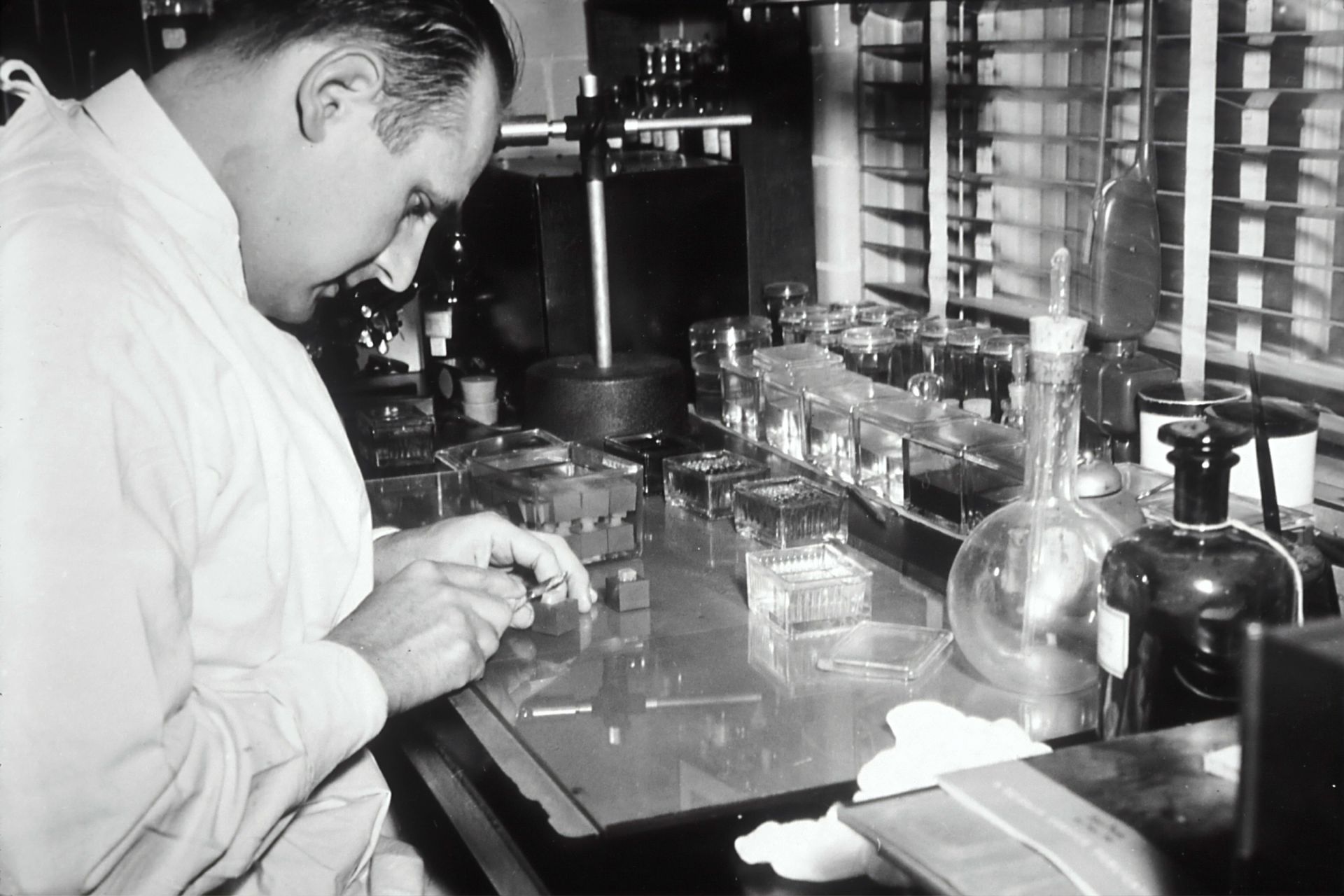When couples are separating, and negotiating who gets what from the joint property pool, pets (most frequently dogs and cats) are often front and centre in the equation. Usually, the parties are able to negotiate an informal, mutually-acceptable agreement as to custody of their four-legged friends. But it’s not always the case. Sometimes formal orders or agreements are needed to lock down precisely who gets Poochie and on what terms. Dedicating court time to determining the custody of cats and dogs may be thought by some to be an inefficient use of valuable resources, but the fact is family pets often have a profound emotional value to their owners, and that just can’t be ignored.
Photo by Matthew Wiebe, Unsplash
Under the current Australian law, pets are viewed as items of property, and in property settlement disputes a call has to be made on all the property, including the four-legged stuff. There are no hard-and-fast rules, and the ultimate disposition will depend on the particular circumstances of the case. Usually the partner who owned the pet prior to the start of the relationship will retain it. But not always. In the case of a pet acquired during the relationship, if one partner paid the bulk of the expenses in relation to the pet, or can demonstrate a closer emotional attachment to it, they will be more likely to retain it.
The somewhat limited case law on the subject reflects the rather random and ad hoc nature of the exercise. In one 2007 case, the Family Court of Australia ruled the family pooch should go with the parties’ son, because he was so emotionally attached to it. More recently the court weighed up the impact on a couple’s young daughter, who was said to be extremely attached to her rural pets, when deciding which spouse she should live with. In the wash-up it was ruled to be not in the best interests of the child to relocate from her father’s farm, and therefore separated from furry friends, to live with mum in Brisbane.
The courts expressly recognise the caring of pets as a non-financial contribution made by the parties, and the costs associated with maintaining family pets after separation will be taken into account when adjusting property settlement. In one recent case, for example, a wife who was desperate to retain the family dogs was ordered to pay a monetary sum to her husband to reflect the value of the dogs. In another, a substantial adjustment was made in favour of a wife who took on the care of the family pets, which included approximately 100 birds, 10 rabbits, three dogs and seven cats. Between bird-seed and kitty-litter, that’s a lot of upkeep.












